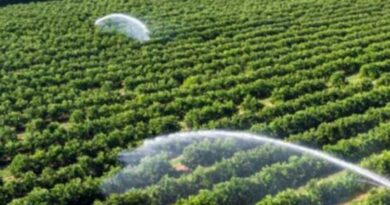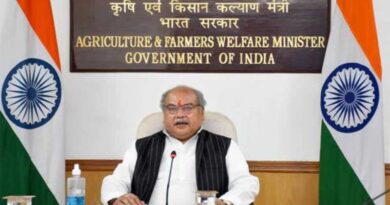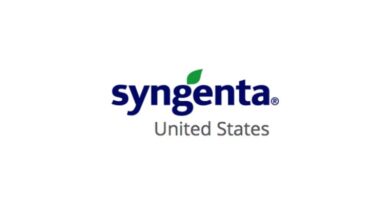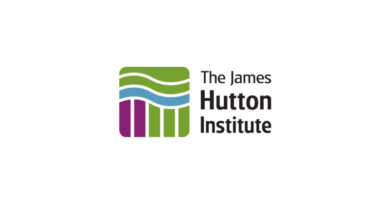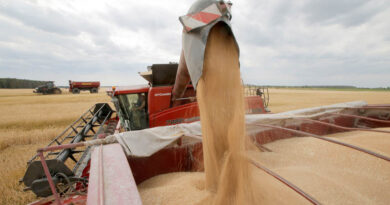10th Annual Global Food Security Index Shows Overall Decline in Food Security
12 October 2021, Wilmington: Today, Economist Impact released the 10th annual Global Food Security Index (GFSI), which revealed a decline in global food security for the second consecutive year. Sponsored by Corteva Agriscience, the GFSI aims to serve as a resource to enable a more resilient and secure food system. Now with a decade of data, the global report highlights critical lessons learned about food security and what it means for the future of the worldwide fight to end hunger.
The GFSI measures the underlying drivers of food security in 113 countries, based on the factors of affordability, availability, quality and safety, and natural resources and resilience. It considers 58 unique food security indicators including income and economic inequality, gender inequality, and environmental and natural resources inequality – calling attention to systemic gaps and actions needed to accelerate progress toward United Nations Sustainable Development Goal (SDG) #2 – Zero Hunger by 2030.
Also Read: USDA Celebrates 75 Years of Research Contributions Achieved at the Knipling
“The GFSI looks beyond hunger to identify the underlying factors affecting food insecurity around the world,” said Tim Glenn, Executive Vice President and Chief Commercial Officer, Corteva Agriscience. “Corteva is addressing many of the challenges raised in the report head on by delivering innovative solutions farmers need to sustainably meet their productivity goals and by working together with collaborators across the globe to strengthen the integrity of food systems.”
“Over the past decade, the GFSI has provided global leaders and stakeholders across the food system with data-driven insights and evidence necessary for formulating the policies and programs that drive progress on food security worldwide,” said Pratima Singh, Head of the Global Food Security Index at Economist Impact. “The index shows that, while countries have made significant strides toward addressing food insecurity in the past ten years, food systems remain vulnerable to economic, climatic, and geopolitical shocks. Action is imperative at all levels–local, national, and global–to end hunger and malnourishment and ensure food security for all.”
Key Findings from the 2021 Economist Impact Global Food Security Index:
Global Food Security Declines for Second Consecutive Year. According to Economist Impact, the 2021 GFSI shows that the depth and breadth of global food has increased globally. The 2021 findings show that after seven years of progress towards SDG #2, global food security has decreased for the second year in a row.
The Economist Impact global report stated the compounding effect of the following factors are consecutively driving scores in the Index and the correlation to the accelerated decrease in food security:
- The COVID-19 pandemic;
- Intensifying climate-related factors;
- Nutrition;
- Price volatility of food; and
- Lack of government agricultural investment.
According to Economist Impact, the Index shows that the drivers of food security are broad and now represent a systemic, multinational challenge with impacts spanning both low- and high-income and resourced nations.
Corteva continues to leverage its global innovation and expertise, together with tools focused on helping farmers improve local productivity, with the ultimate goal of helping secure global food systems and enabling long-term sustainability of agriculture worldwide.
Climate Resilience and the Protection of Natural Resources Critical to Global Food Security. According to Economist Impact, in 2021 and for the 10 years prior, threats from climate volatility and deteriorating natural resources pose a significant challenge to future security. Corteva Agriscience’s long-term commitment to sustainability helps equip farmers with the solutions needed to meet global population demands.
In its global report, Economist Impact stated that the Index shows that to meet these present and emerging future challenges requires that investments in food security are sustained – from innovation in climate-resilient crop yields to investing in programs to assist the most vulnerable.




